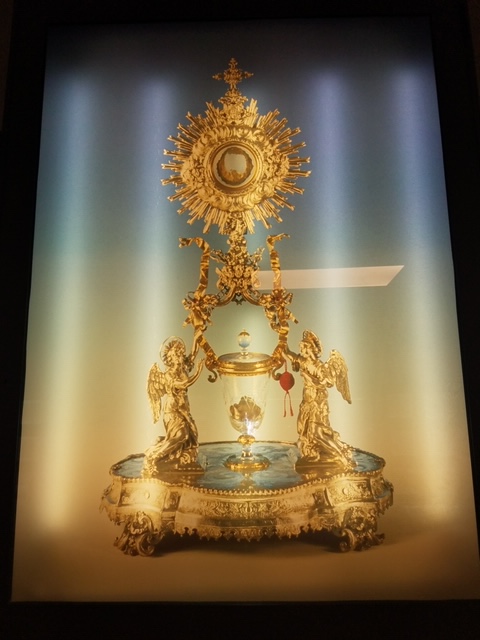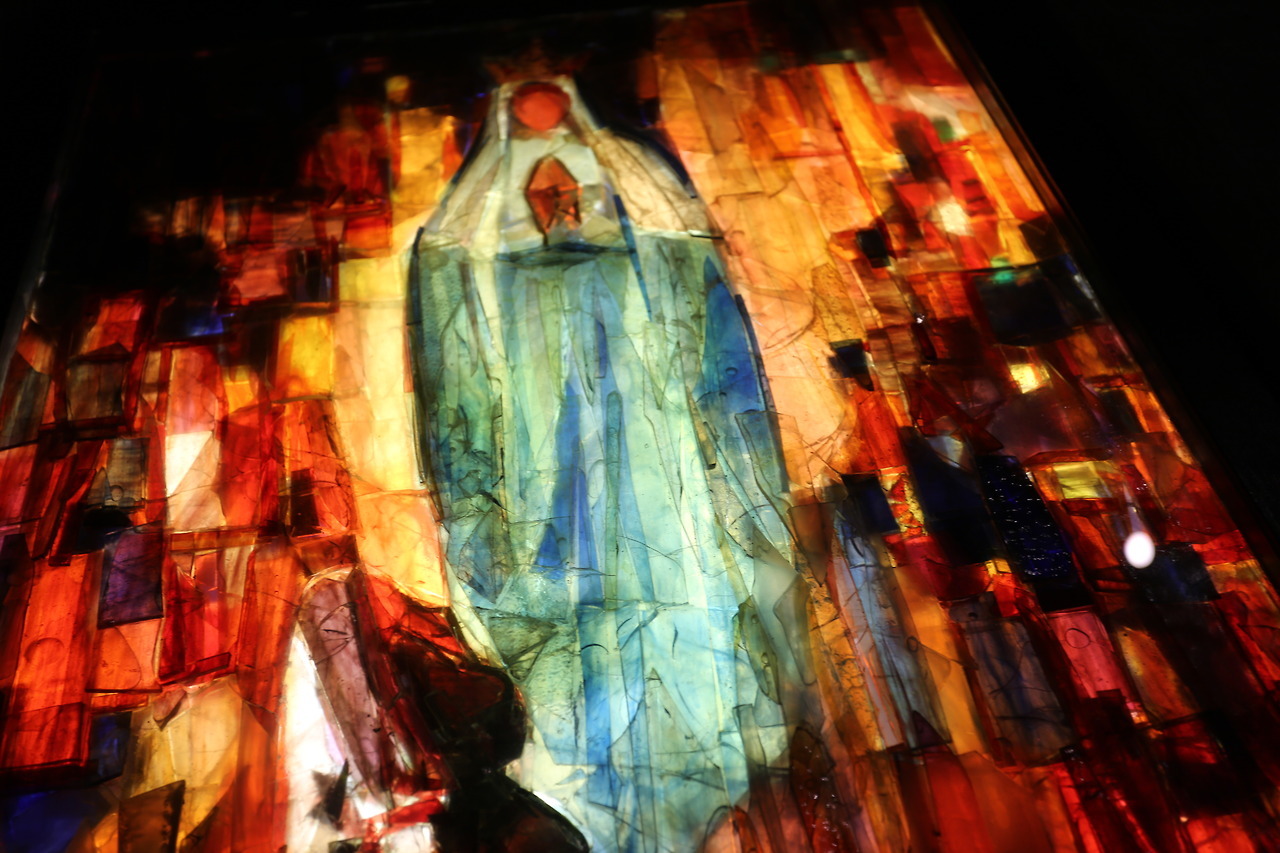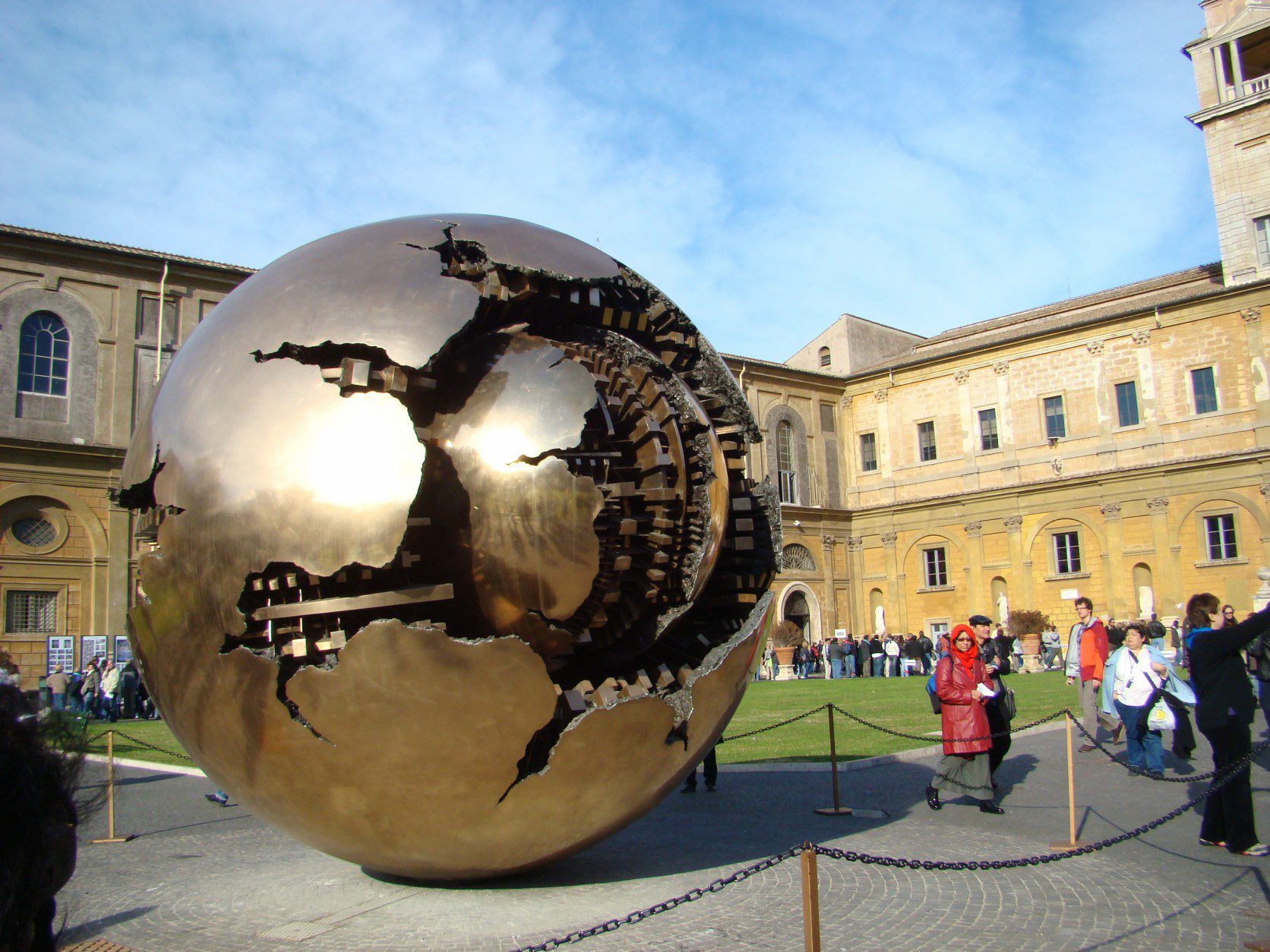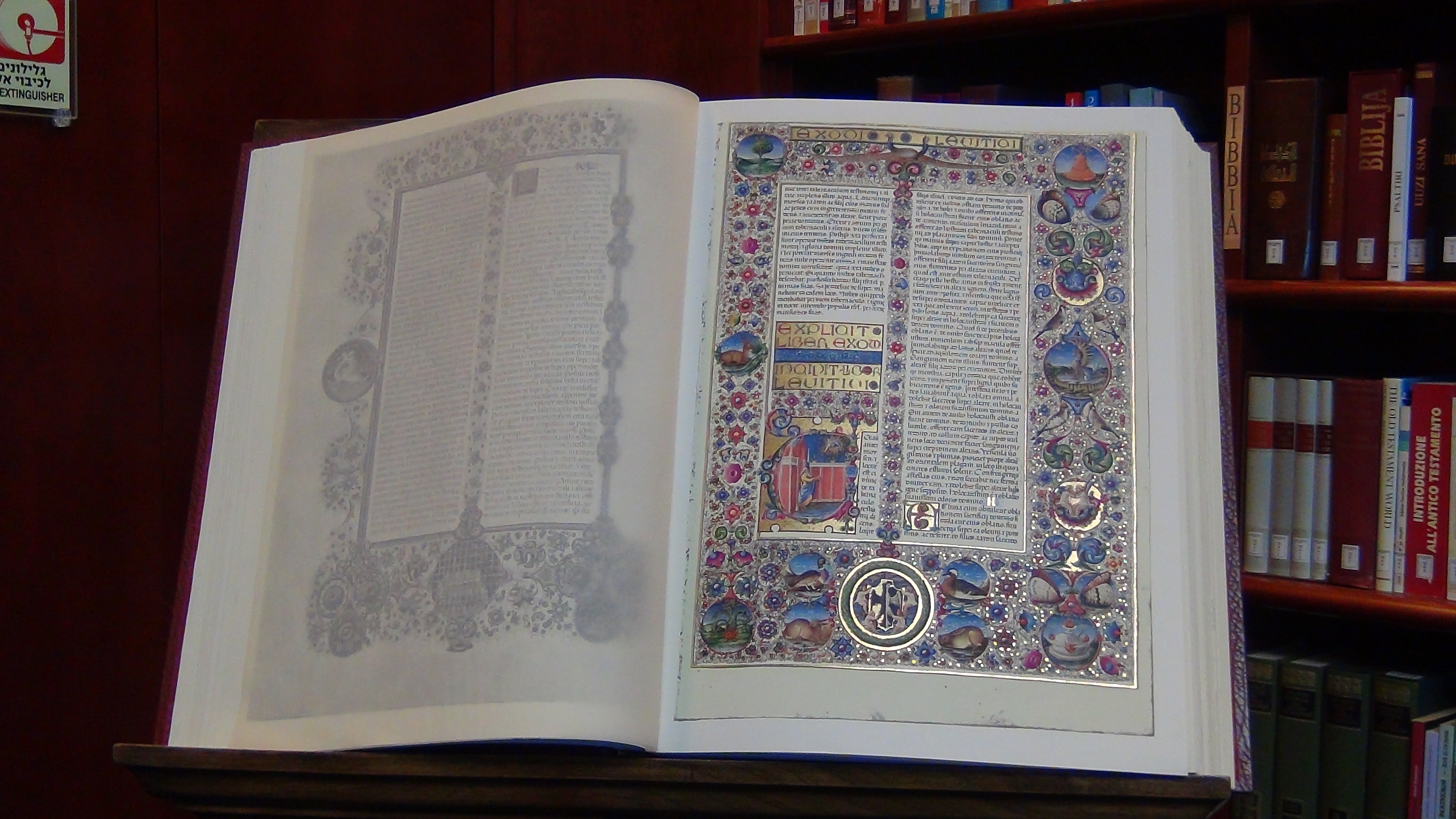Acts 8:5-8, 14-17; Ps 66:1-7, 16,20; 1 Pt 3:15-18; Jn 14:15-21
Spirit of truth is alive through the Holy Spirit. It is our Advocate who remains with us if we keep his commandments. If we keep the commandments, we validate our love for God. Keeping the word of God is the key to unlocking the mysteries of faith. Do we want to see God? Keep his commandments and allow him to reveal himself to us for he desires to give even more of himself to us. In our humanity we resist him who is the fulfillment of love itself not because we don’t desire him, in fact our hearts are restless because we were created for him. We resist him because by our own free will we resist obedience to another but not all.
History gives us many a witness that it is possible to live and die for another. This is the witness of Jesus on the cross. This is the witness of many saints who fulfilled the call to “Sanctify Christ as Lord in your hearts”. They did it though obedience to God’s will. Just as Jesus was obedient to the Father through the cross many saints sanctify Christ as Lord through their obedience to be servants of the Lord or even slaves to his love.
If the Lord came calling for us today, would we meet him with a “clear conscience” for having kept his commandments or would we hide our face for having offended him by our sins. Praise God for his sacramental gift of confession to wipe away our sins for I suspect we would literally die before the face of God without it. We sanctify Christ as Lord in our hearts by keeping his commandments. This is the Spirit of truth Christ came to once again make clear to us.
Keeping his commandments is not new, from Adam and Eve and the forbidden fruit, to Moses and the Ten Commandments, and then the Jewish laws, in all of salvation history obedience to God’s law is the road to salvation. Yet in all salvation history we see the resistance to obedience and many are lost by the same rebellion of Lucifer whose pride desired to be his own god. Is our pride still desire to be our own god, have our own kingdom, conquer the world or do we surrender it all to the true God creator of all?
There is a new birth in the family and everyone is drawn to the innocence and tenderness of a child who desires to be held and nurtured. How long before the child grows and by his own free will begins to rebel? Resistance to being dressed, to being fed vegetables, having a sleep schedule, and that is just the beginning. Then comes “concupiscense” from the Latin “concupiscentia” meaning ‘with intense desire’”. What are our intense desires? They begin with the desire to satisfy the flesh but also grow into the desire of the mind for power, prestige, and profit or as the common expression says, “what is in it for me”. This is our sin as we rebel against God and the devil knows how to play on it to tempt us to fall just as he did Adam and Eve.
The Spirit of truth cannot be deceived. Recall the adage “you can fool some of the people some of the time but you cannot fool all of the people all of the time”. Well, you can never fool the Spirit of truth at any time and keep a conscience clear. When the Spirit of truth resides in us then we can still try to deceive others by our concupiscense but we cannot deceive ourselves and believe it. The truth that resides in us will not rest until we bring reconciliation with God and others. This is a blessing though some may consider it a curse, the moral conscience to do right. A moral conscience comes from God’s law of serving a greater good.
Keeping his commandments gets tested not only from within but also from without by a world that does not know him and lives not by a Spirit justified by God’s truth but by the spirit of self-justification. The spirit of self-justification follows the principle that “it’s all about me”. Because it is all about me then if you disagree with me, you are the enemy that must be eliminated. That is the lesson seen in the crucified Christ and the experience we live with in a culture of cancellation and death. If they could crucify Christ who walked doing what is good and spoke of Godly truth then we can see how easily the world can finds ways to silence, cancel, and if needed destroy a person for holding onto their faith in practice. From bakers to Little Sisters of the Poor no one is exempt from the evil one.
Thus, “it is better to suffer for doing good” than to follow in the “evil” that this world calls its good. Self-justification lives by the false teaching under the title “my truth”. Someone’s truth no matter how justified if it is in opposition to God, to his commandments, his revelation of truth in Jesus Christ is the danger of self-condemnation. It is a slippery road of darkness of the soul caught in the trap of lies to justify the past. Having to say “I’m sorry for my sins” is an act of humility and the first right step to forgiveness and healing.
It is a false teaching when some say your freedom of religion means you can keep your faith as long as you don’t act on your faith. Faith is a practice of daily living to be expressed “with gentleness and reverence keeping your conscience clear”. Faith lives, walks, talks, and acts out of obedience to God convenient or inconvenient, within the walls of worship and outside the walls in the public square. It is more than something we do it is who we are as Christians. Faith and love are one bound together by our actions. Love is not a feeling but an act of the will for the one we love.
We love God, then we unite our will to the will of God by obedience to his commandments. We love the other, family, friend, stranger then we will to do for the good of the other. We love ourselves well, then we will to take care of our mind, body, and soul by listening to the interior life coming from the spirit of truth. This is God’s will that we may all be one. This is the purpose of the incarnation, Jesus coming from the Father to be one with us that we may receive him in body, blood, soul and divinity in order to go forth alive in the spirit of truth, without fear, trusting God by our obedience to his will. His will is our good that we may enter the gates of heaven.













Recent Comments